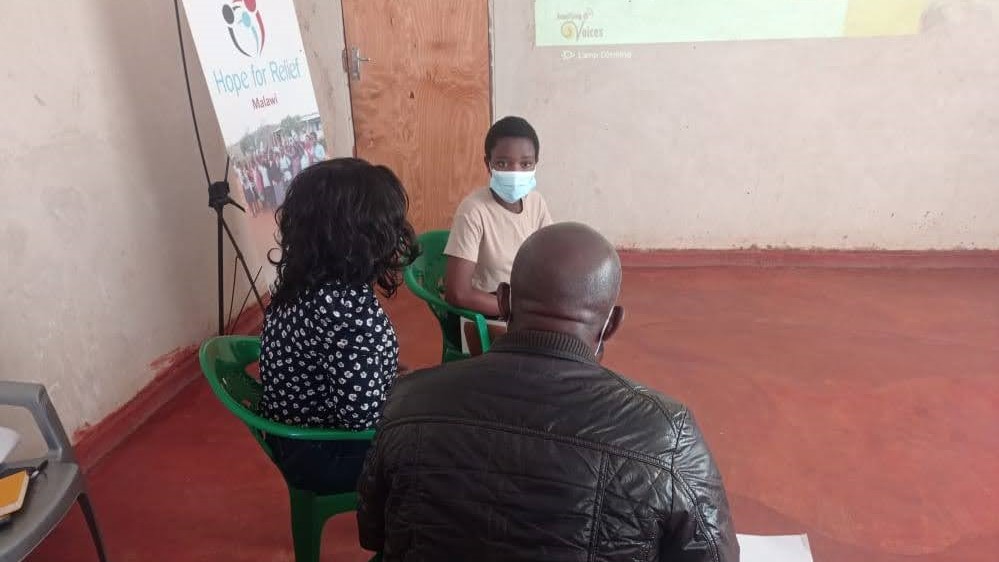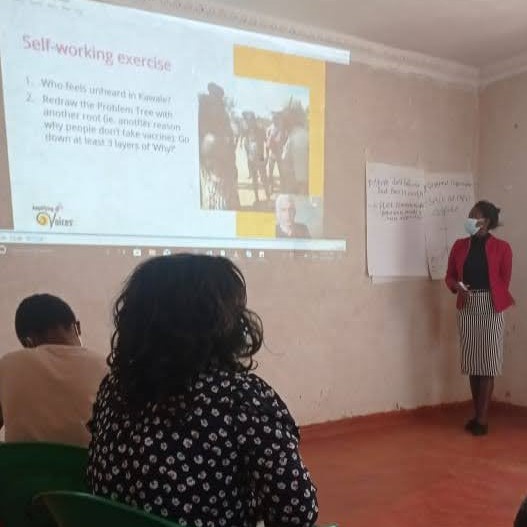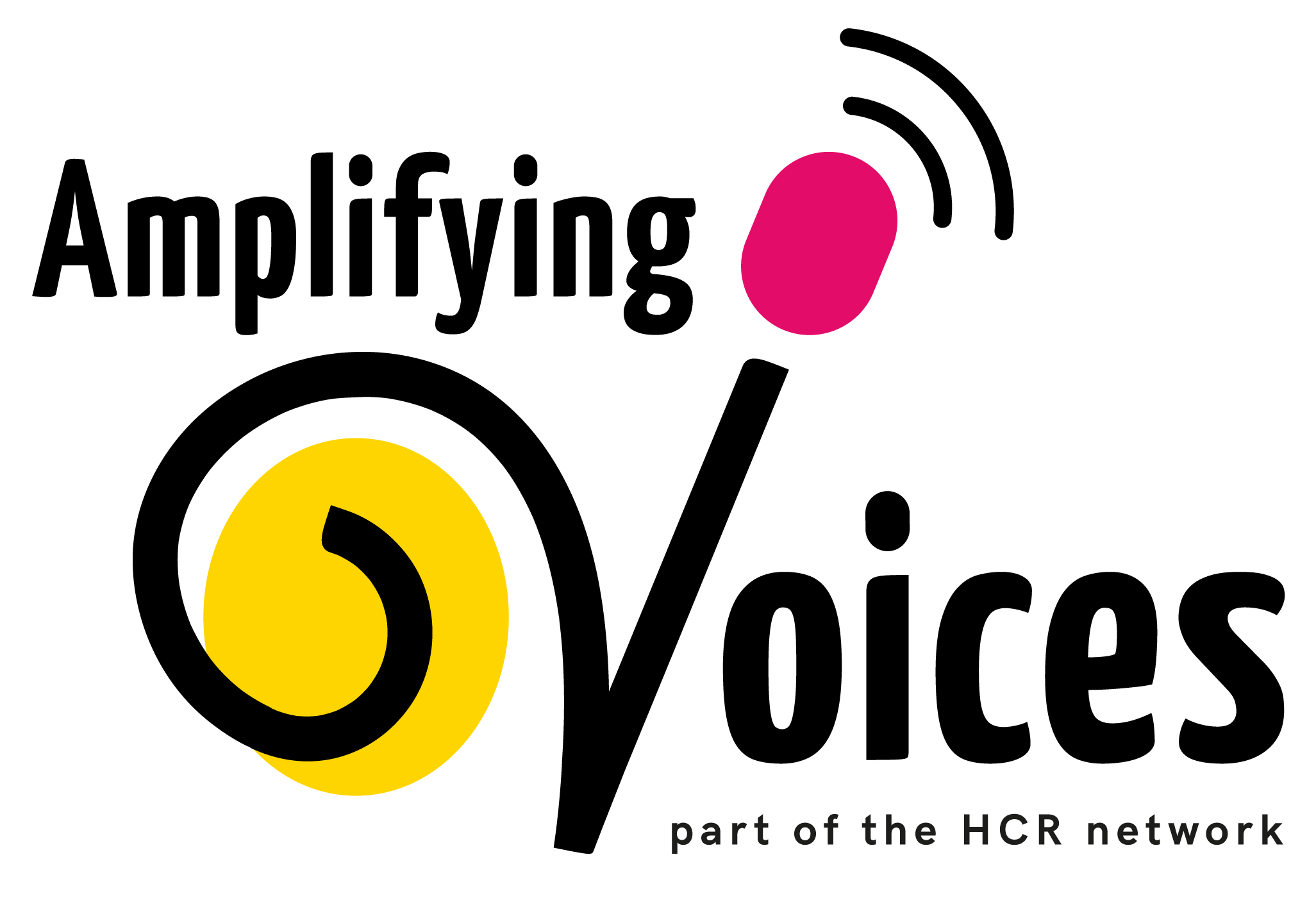
Workshopping remotely in Malawi
On Thursday 12 August, we held a remote community workshop with partners Hope for Relief and Community Development Network (CDN) in Chitipa, Malawi. This is our first experience of starting a new project without visiting the community first.
This presents a challenge … how could we honour our commitment to listening to community members, to hearing the stories, concerns and aspirations that will guide the project? We are delighted to be working with Hope for Relief and CDN who held a community consultation with members of Kawale community, on the outskirts of Chitipa at the end of July. Thoko from CDN and Richard from Hope for Relief worked closely with us to understand the questions we had for the community.
Some things that we learned …
- Around a third of the meeting participants use WhatsApp to communicate. These were mainly younger people, professionals, leaders and business people.
- People feel that the lack of a community radio station is hindering community development as it slows down communication.
- They like the idea of using speakerboxes to share community media … several people in the community already use speakerboxes for playing music.
- Another way of communicating in Kawale is through the chief’s messengers who go about in the village spreading information. They use a drum to get people’s attention. When people hear a drum they know that there is a special message from the chief about to come.
We used WhatsApp video calls alongside some pre-recorded training videos to introduce the community-centred media approach to five community volunteers and three project workers who met in the CDN office. The workshop participants sent us photos of flipcharts with their responses to discussion exercises. The participants spoke Lambya (the local language of Chitipa) during the discussions. This made it a very strange experience as a trainer – not being able to participate fully, and only seeing some sections of the discussion, it was a good exercise in placing our trust in the local partner to facilitate the learning process.

Thoko facilitates workshop in Chitipa, Aug 2021
But why the rush, why hold a remote community workshop not just wait until next year and go and visit?
Malawi, similarly to surrounding African countries, has just passed through the peak of a third wave of Covid-19 infections, which is of particular concern because of the impact and potential for further spread in rural areas coupled with the slow progress in vaccinations.
Malawi has so far received only a small about amount of vaccine (700k doses, for an adult population of 11 million). We also learned that people are reluctant to get the vaccine because of rumours such as:
- Coivd-19 is not for Malawians but for Chinese or white people.
- If someone accesses the vaccine he or she will become infertile.
- If someone gets vaccinated, he or she will be infected by the HIV virus.
- The vaccine is there to reduce the population of the people.
- If someone gets vaccinated he or she will reduce his lifespan.
The Kawale Community Voices project will initially focus on addressing the concerns or fears that drive these Covid rumours, by encouraging community dialogue about Covid vaccines based on access to reliable information sources.
Based on our experience in India and Uganda, we know that creating podcasts and distributing speakerboxes is a rapidly deployable and reliable way to get people talking, listening and taking action to reduce the impact of Covid-19. Speakerboxes are available in local markets, and podcasts can be created using voice recorder and a laptop.
However, we also recognise that radio is the community’s preferred media source. In the medium term, once we are able to visit the community in person, we hope to support Kawale’s residents and service providers to develop a community-centred radio station.
